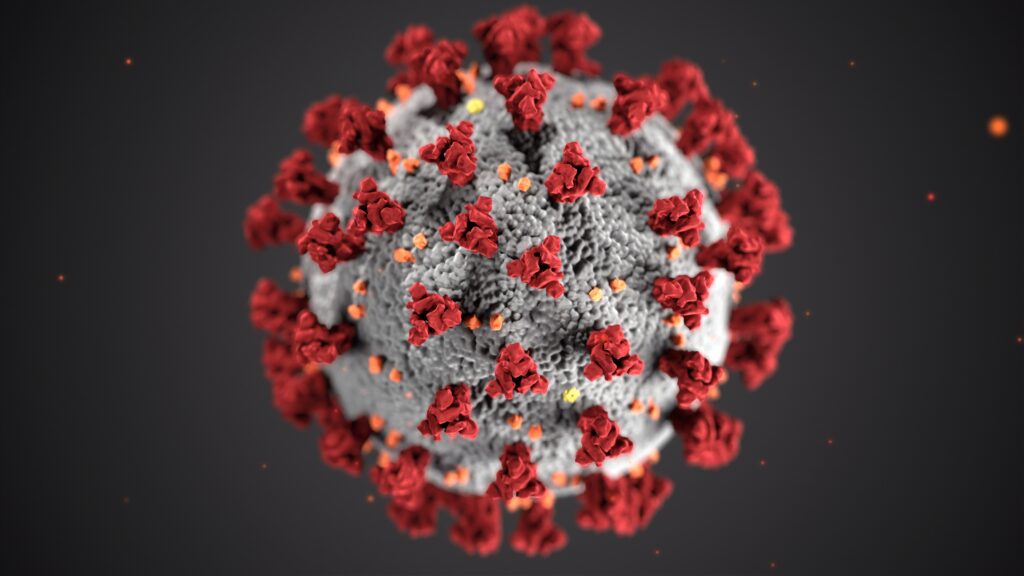Viruses, like COVID-19 or Ebola are smart little suckers. Every year we humans are getting a slightly different vaccine for the anticipated seasonal flu virus, which is based in large part on previous flu versions. Viruses adaptable and resilient. Considering the role of flu viruses in history, it almost feels like they’re always looking ahead.
That’s a good mindset for communicators moving through the next phases of the coronavirus pandemic. Look at your operations today, along with how you’re communicating, and compare that from things two weeks ago. Heck, even two days ago! Think about what you did initially to tell customers about changes and actions your organization made to keep them, and your employees, safe.
Review, adapt, act, repeat
One advantage to sustained critical incidents like coronavirus is the ability to do things differently and better. Calm and considered situational analysis and planning is the key to success. While there will likely be no slow days, or at least none that are slow enough, take time to review what has been done in your organization and peer agencies. Was the communication quick, clear and promote calm action? Want a do-over?
Be open to new ways of attacking the problem. If a lessons-learned process is not already in place in your workgroup or at your organization, put one in place. By all accounts this incident is going to last for some months. Take advantage of the time to improve your processes as it develops and look out for future crises. Trust me, you’ll be here again. Just like the flu.
Think about the messages you’ve been delivering. Chances are you’re focusing on safety, compassion, employee well-being, etc. Are some of them more resonant with your audiences than others? Have you found new tactics or learned that some work better than others?
In long years of public relations practice, and as a working reporter before that, I’ve learned that the crucible of a critical incident can lead to clear thinking because all the other day-to-day stuff is truly burned away. Consider what you’re doing now that you should be doing after this incident has passed.
Remember the team
This is a final thought, but maybe it should be the first: how are the employees in your organization holding up under the pressure? What about the people responsible for communicating all this change? People need physical and mental rest. They need a break. They need time to NOT be employees and be the face of the organization. They need time to be human. Their kids are out of school and their family members are in nursing homes or, God forbid, dealing personally with coronavirus too.
Team leaders need that time and space too. Go ahead, the crisis will be here when you get back.
Think ahead, get ahead
Viruses and other critical incidents have always been with us. They endure in some form because they size up the current environment and seek opportunities to change and sustain themselves. Effective organizations and the communicators who support them do that in good times and bad.

